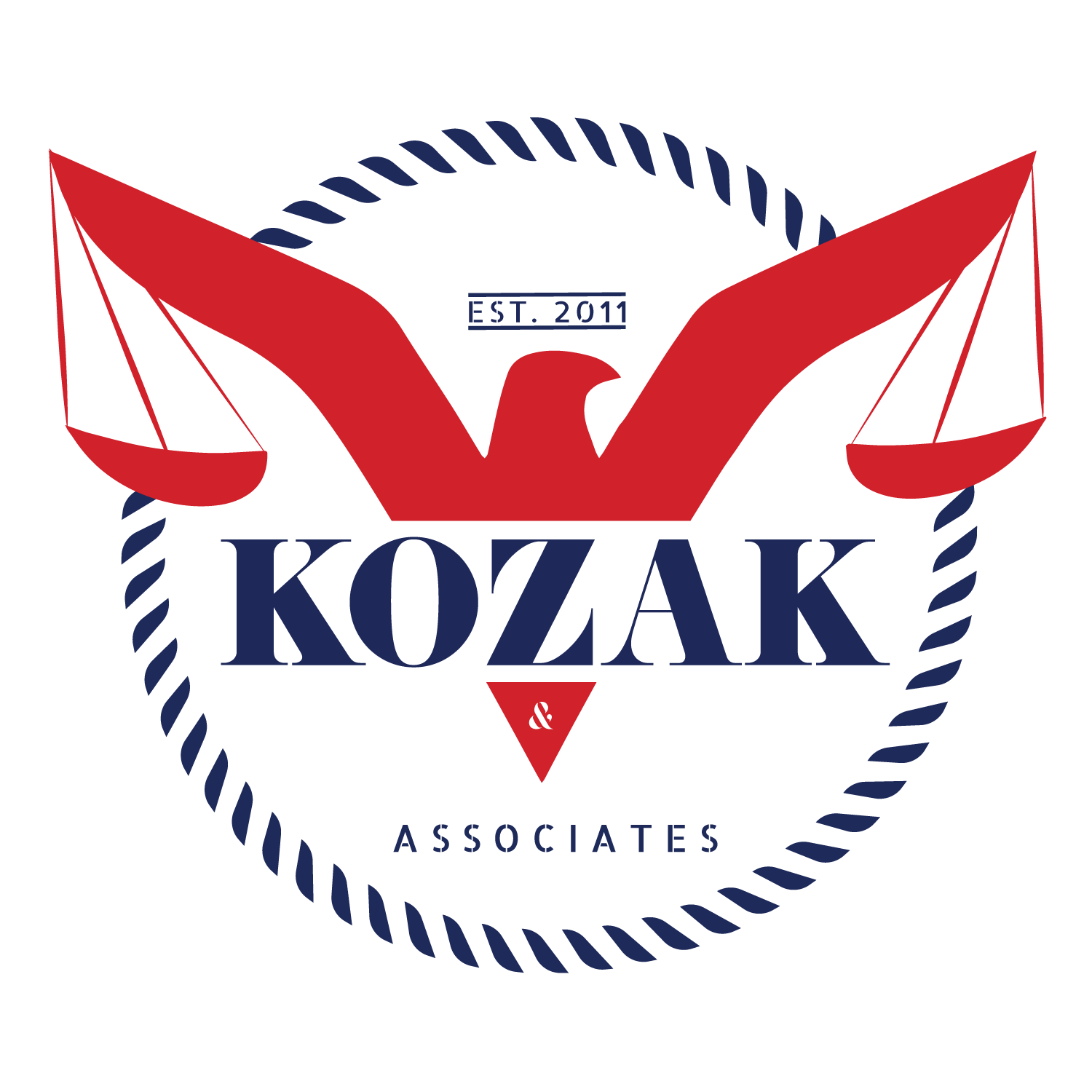
Bankruptcy is a last resort and possibly one of the hardest financial decisions you will ever make. If you are one of the millions of people laid off recently due to Coronavirus, however, it may be the right option for you.
Local, state and federal governments, as well as some of your creditors, are scrambling to create safety nets including eviction freezes, holds on utility shut-offs and increased unemployment benefits that may help you ward off bankruptcy. Some of this may be too little, too late. Let us help you better understand your bankruptcy options and come up with a plan for the worst while you hope for the best.
A last resort bankruptcy plan may help save you from some financial headaches and get you back on your feet when you need it the most.
Bankruptcy Chapters: What’s The Difference?
Chapter 7 is for people who do not have a qualifying income sufficient to pay their debts. They will be required to forego luxury items they owe such as expensive jewelry and second homes, but their retirement accounts and certain exemptions will still be protected under state laws.

Chapter 13 is for people who still have some income but cannot afford all of their debt according to the existing terms. People use this form of bankruptcy to help them avoid foreclosure or repossession on mortgages or assets tied up in loans. You may still keep your property, but you must put all of your discretionary money into a fund to repay the loan in 3-5 years.
In order to qualify for chapter 7 bankruptcy, you must take a means test proving you do not have the income (minus deductions) to pay your debts. Your income must be at or below the median income in your area to qualify. If your debts are primarily business-related, you are exempt from a means test.
If you do not qualify for chapter 7 bankruptcy or you don’t wish to file it, Chapter 13 may be for you. The downside to Chapter 13 is that ALL of your discretionary income will be garnished for 3-5 years. You will have some healthcare and basic needs exemptions, but you will have to consider if you can live frugally for that time period.
While the credit consequences for Chapter 7 are higher, it is settled faster. Talk to Chuck to decide which type of bankruptcy is right for you.

How To Avoid Bankruptcy In The Wake Of COVID-19
The first step in your plan should always be to avoid bankruptcy if at all possible. If you can strategically ride out the COVID-19 wave, you may come out better than you think.

Take Advantage of Government Regulations:
The government has put orders in place to defer payments on utilities and mortgages without shut-offs or evictions. Be aware that a deferred payment does not erase that debt. Expect any unpaid dues to be collected upon the lifting of the government order.
Be In Constant Contact With Your Creditors:
The worst thing you can do is ignore the situation. Call your creditors regularly. Answer their calls and let them know your situation. You may end up with a solution you didn’t know you had by simply opening up your communication channels.
Pay Whatever You Can If You Can:
Creditors are being bombarded with people who are unable to pay due to COVID-19. You are more likely to be granted grace if you can show that you are trying to pay the debt in earnest. Even if you have $10 toward a $1000 debt, something is better than nothing and it shows on your record. This may prevent reporting on your credit.
IMPORTANT: Don’t stop making payments or assume your payments are deferred due to anything you hear on the news or online. If you have not communicated directly with your creditor and worked out an agreement, you are most likely NOT exempt or deferred. While some of these news stories may be accurate, choosing not to communicate directly with your creditor first could cost you your home, assets, and credit score. Talk to Chuck if you have legal questions about your options for avoiding payments.

Developing Your Coronavirus Financial Strategy:
Now that you have talked to your creditors and done your due diligence, you should have a better understanding of where you stand. You can plan what you are going to do with the money you have now to create the most benefit.
1. If you know you will likely have to file bankruptcy, consider negotiating deferments on as many bills as you can and set that money aside. Either your luck changes and you have saved the money to pay your debt; OR if the situation worsens, you’ll have savings for essential items like food and shelter.
This strategy may prevent you from paying money that could be erased in your bankruptcy filing, and could save you in a worst case scenario.
2. If your stimulus and unemployment are not enough to keep you afloat, your creditors may negotiate a lower payment so as not to lose a paying customer to bankruptcy. If you can lower your debt to meet your unemployment income temporarily, you may avoid bankruptcy altogether.
3. A chapter 7 bankruptcy has the right to garnish any luxury assets you have. Selling these items now will help to keep you afloat until you can find another job while potentially keeping your credit intact.
Filing For Bankruptcy & Consulting Your Lawyer:
Despite our best efforts, bankruptcy may be inevitable in this economy. You are not alone. The sooner you file, the sooner you can move past it and rebuild your financial profile.
One of the best things about filing is the ability to erase debts. Medical debt, rent payment, and credit card balances are all qualified debts to be wiped out as long as they were incurred before your date of filing.
IMPORTANT: Not ALL debts will be erased in a bankruptcy. You will still be responsible for domestic support arrangements, most student loans, and newly accrued debt. Taxes are not dischargeable.
Despite our best efforts, bankruptcy may be inevitable in this economy. You are not alone. The sooner you file, the sooner you can move past it and rebuild your financial profile.
One of the best things about filing is the ability to erase debts. Medical debt, rent payment, and credit card balances are all qualified debts to be wiped out as long as they were incurred before your date of filing.
IMPORTANT: Not ALL debts will be erased in a bankruptcy. You will still be responsible for domestic support arrangements, most student loans, and newly accrued debt. Taxes are not dischargeable.
Remember that it’s important to continue making payments until you’re certain you qualify for bankruptcy. Keep in mind that your situation may be different than others who are going through similar struggles. If you are considering bankruptcy as an option, talk to Chuck for a free case review.

Drop By The Office
Don't be shy. We are here to get your life back.
In Person*
3100 Mill St #115,
Reno, NV
89502
(*Due To Covid-19 restrictions, we are not taking in-person visits, but are still working diligently on cases.)

